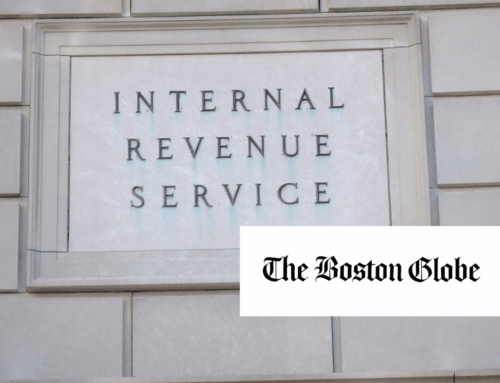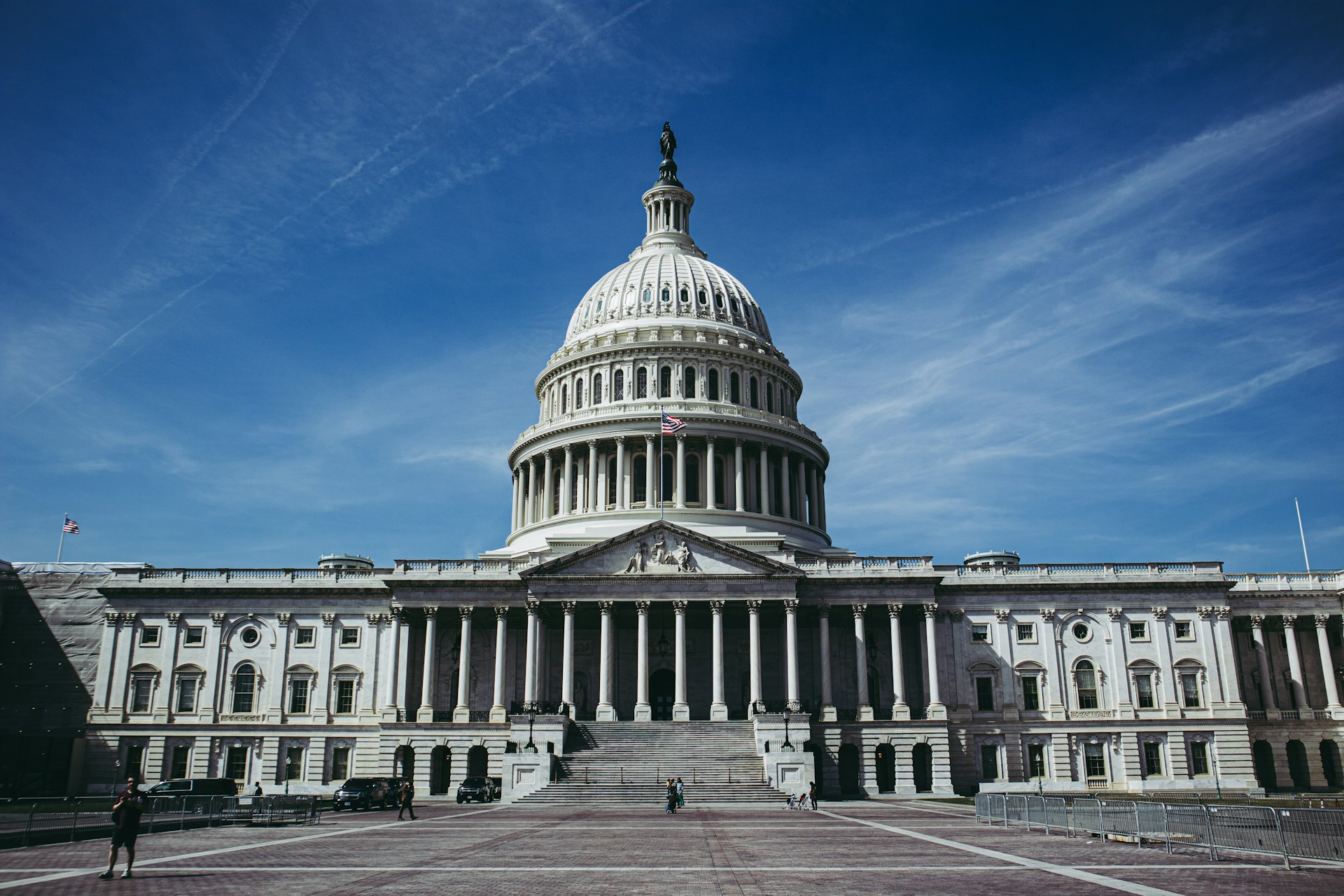We have known for a long time that burning fossil fuels and releasing greenhouse gases such as carbon dioxide and methane into the atmosphere drives the process of climate change. Now we are witnessing the devastating impacts of climate change in the form of intensifying hurricanes, wildfires, flooding and drought. These crises not only cost our economy billions in damages every year, but they also cost taxpayers billions when the federal government is called on to finance emergency disaster and recovery efforts year after year.
It is stunning then, if not surprising, to watch one industry at the root of climate change – one of the most profitable in the world – blanketing the airwaves and newspapers with complaints that they are being singled out by lawmakers as they search for revenue-raisers in the reconciliation package. And that they are hurting to boot. C’mon – they’ve got money to burn.
My organization recently did some analysis of what we call the political footprint of the oil and gas industry — and as you might imagine, it is pretty big. Oil and gas companies fielded a team of almost 700 lobbyists last year, spending $113 million to influence federal lawmakers and the administration, plus $139 million in campaign contributions during the last election cycle, according to OpenSecrets.org. In the wilderness of Washington, they are a sasquatch.
Add to this massive media budgets for advertising, sponsored astroturfing and industry groups, social media blitzes – you name it – and it is easy to understand how the oil and gas industry has maintained its dominance in energy markets and created a smoke-and-mirrors campaign around climate change. And now its members are poised to seize another financial and policy victory: preserving their century-old tax breaks.
One good example is the Intangible Drilling Costs tax deduction, which dates back to 1916. The ability to expense these IDCs is just one item on a menu of preferential tax treatments the industry has enjoyed for decades, a tax break that lawmakers are now considering repealing as a revenue-raiser to offset infrastructure spending. This is one of many proposals designed to reduce future taxpayer spending on climate change.
The oil and gas industry contends that the IDC deduction is the same as the “research and experimentation” credit available to other industries, but that simply isn’t true. Thanks to the IDC deduction, oil companies cut billions from their taxes every year for things like building oil rigs, which does not necessarily meet the definition of research and experimentation. Manufacturing companies cannot immediately deduct the costs of building factories.
The good news is some policymakers in Washington are considering pulling the plug on the litany of tax preferences as part of an effort to combat climate change and raise more revenue to pay for responding to its effects. Of course, the oil and gas industry is crying foul, pulling all the levers at its disposal.
But the reality is that the oil and gas industry is doing just fine. Second-quarter earnings reports of the top 20 U.S. oil and gas production companies measured by their market capitalization show they were more profitable this year than in the same period in 2019, before the pandemic began. ExxonMobil and Chevron posted combined profits of approximately $8 billion for just three months.
Context is important. Federal taxpayers are going to spend tens of billions of dollars this year, and next year, and the year after, on recovery efforts from intensifying natural disasters across the country. And unless we do something, our efforts to curb climate change will be undercut by our inability to eliminate wasteful and harmful subsidies and our reluctance to require industry to shoulder its own costs and liabilities. Oil and gas industry subsidies are survivors: They avoided major tax reforms like the one in 1986 that wiped out other generous. This is an opportunity to actually rein in a century-old abuse of taxpayers. Unless we do this, we continue to perpetuate an unfair and uneven playing field that not only costs taxpayers, but also jeopardizes future solutions.
Steve Ellis is the president of Taxpayers for Common Sense, a national nonpartisan budget watchdog based in Washington, D.C.
Morning Consult welcomes op-ed submissions on policy, politics and business strategy in our coverage areas. Updated submission guidelines can be found here.











Get Social